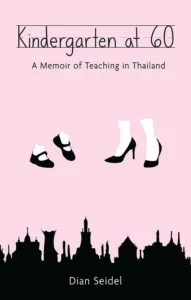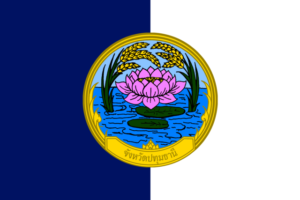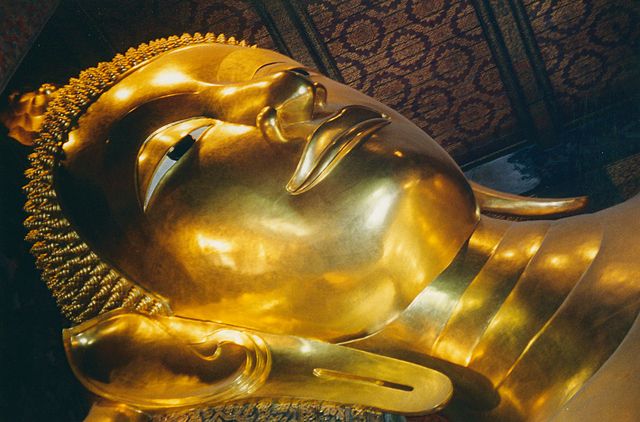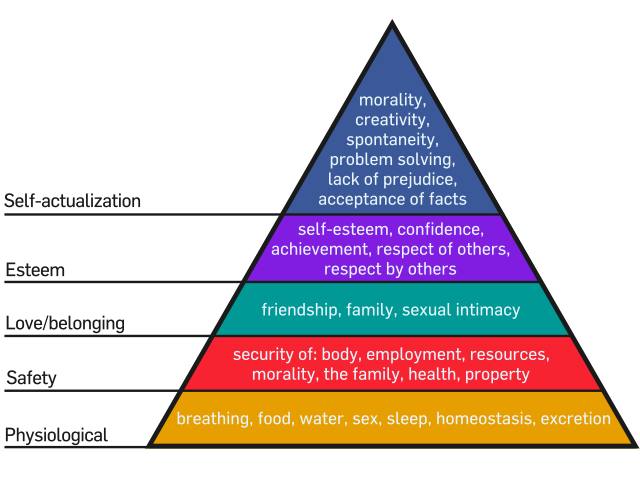
Finding grace and renewal teaching English to Speakers of Other Languages (ESOL) in “The Land of Smiles” (Northern and Southern Thailand, 2019 – 2020): If you find yourself smiling at this memoir’s charming cover design, that’s because it’s set in “The Land of Smiles” – Thailand.
Westerners, or farangs in the Thai language, naturally interpret a smile to mean happy. In this Southeast Asian country, a smile has thirteen meanings. So, along with the “spirit houses and spirits,” there’s an elusiveness to this “adapting, shape-shifting, exploring,” delightful-to-read, multi-layered memoir.
Addressed to “Gentle Reader,” let the cover’s pinkness guide you to its lightness. See the ethereal beauty in the Thai Lantern Festival, also known as the Festival of Light:
Pink, the color of the lotus flower on the flag of Pathum Thani province, an hour outside of Bangkok, the capital city, where much of this five-month journey takes place. At a private, international, Montessori immersion program for kindergartners ages 2 ½ to 4.

Wikimedia Commons
Interpret the adult and Mary Jane shoes to signify a story about the author at age 60 landing at an early childhood Montessori school volunteering to teach ESOL through the Teach the World Travel program. The shoes appear to be flying, calling forth the spirit of a culture that believes in going with the “flow.” Flying also the freeing imagery of one of the “slow, sweet” songs the children sing that ends with: “The air that I breathe/I fly.”
Kindergarten at 60 is unique and special. Unique in terms of Dian Seidel’s credentials and age. An accomplished scientist, retired after thirty years working at NOAA (National Oceanic and Atmospheric Administration), where she influenced the winning of the Nobel Peace Prize on Climate Change awarded to an Intergovernmental Panel in 2007 (see here). It’s not every day that a senior scientist finds herself challenged by little kids, nor accepted to teach them at her age. Five countries determined her age a liability.
Special because this isn’t just the author’s story. One of her application prerequisites was that her husband Steve, at 67, teach at the same school. He had elementary school experience she didn’t, but he too an expert on the environment, having retired as a climate policy advisor to the White House. They make a great team, balancing his laid-back personality with the author’s admittedly more anxious one. But with twenty years of studying and teaching yoga, she meshed with the meditative beliefs of Thai Buddhism. An avid swimmer, too, the author worked both calming activities into a disciplined before-sunrise, before-classroom routine. The “Prep” school, within-a-larger elementary school model, came with a swimming pool pass.
There’s many reasons Dian Seibel is so likeable. One, realizing their nearly free apartment by the school seemed better than her younger teacher colleagues from other countries. Loving her comforts – coffee among them, oh-so-relatable – but not looking for preferential treatment. We also appreciate her candor – how completely out-of-her comfort zone she was, and how daunting the Thai language proved to be for conversing with the children, parents, teachers, administrators, despite familiarity with other languages (French, Spanish, Italian, Yiddish).
The beautiful spirit of the Thai culture and the grace of the people enriches the pleasing prose. The author smiles too, forging through, noting the benefits of weekending in Bangkok. Plus, the children and teachers (khru) are endearing; Khru Dian and Khru their new names. In the “Top Ten Things to do in Thailand if You Aren’t a Tourist,” defined as “experiences that nourish your mind, body, and soul,” half are in the capital city. Others like “Eat Thai Street Food” are ubiquitous, adding “Fearlessly,” a reference to the country’s fondness for extremely spicy, hot chili-peppered dishes. A Thai word to memorize is mai ped, translated to politely say please without chili. What foods are eaten, described, tantalize.

In the spirit of wanting to inform readers, we’re told there’s a “Glossary” of Thai words and phrases at the back of the book. An important word to understand is mai pen rai – the culture’s attitude and “approach to life.” It partly explains why the rest of the language is “too dang hard!” since the phrase has multiple meanings: “No problem, it’s fine, you’re welcome, don’t worry.” Thai is also a “tonal language” consisting of “five tones, more than either Cantonese or Mandarin.” Some of the words demonstrate the culture’s respect for its people when they meet each other: wai. Even this hello consists of several ways of showing respect depending on whom you’re greeting. Discerning body language is also not easy. Refreshing, though, respecting teachers, parents, and elders.
The video also shows the reverence the Thai people have for their King. Except for referencing the Kingdom of Thailand, Seidel stays away from politics. Googling you’ll learn Thailand has had a constitutional monarchy for decades, but the current King is trying to turn the clocks back to an absolute monarchy without the democratic freedoms. That’s why public outbursts against the royal family are significant as they’re still against the law (see here).
Kindergarten at 60 is not about conflicts, though. It’s about a personal journey that gives back as much as it gives. One of the questions Seidel asks is whether she’s a tourist or a traveler? What’s the difference? Since they’re going home to Maryland they’re not “expats,” she says, concluding they’re “sojourners.” The word conjures up adventuring in “a strange land and depending on the goodwill of strangers.”
Dangerous air quality is discussed – the reason Thailand wasn’t on the author’s dream list (nor teaching children so young). Of course, two climate experts would be even more sensitive to this but Americans have just felt how climate change affects them when the Canadian wildfires spread their harmful particles. Rarely, does the air pollution move out of the unhealthy zones (see here).
The prose and experiences kept reminding me of Abraham Maslow’s psychological theory Hierarchy of Needs, which is multi-layered, explained in “tiers.”

The first tier attends to basic needs. The Seidels were very fortunate to have, perhaps make-or-break, assistance through a world travel and placement program that took care of all the paperwork. That’s why they first ended up in Northern Thailand, in Chiang Mai, an ancient city, for orientation and training before they traveled south to their temporary home-away-from home.
The second tier, swimming, yoga, and Thai massage, nourished the author’s mental health and body. The third rung represented by the coffeehouses frequented where outside the classroom they also found Maslow’s friendship, connection, sense of belonging. The fourth tier, Self-Esteem, seen in the respect teachers are given and the ability to make the most of a Thai adventure. A you may not get what you want at first, but sometimes you get what you need life lesson. If you’re open-minded. Like the hands-on, individualized, experiential, holistic Montessori teaching practices, acceptance is not passive. It’s a path forward and a purposeful mindset.
Chet may be the student who moves you the most. An “old soul,” he’s “closer to the Buddha nature than the rest of us.” And yet, he’s also “easily troubled by the world.” Chet symbolizes the “inner peace” Seidel searches for, which is why Self-Actualization is the fifth and highest tier attainable on Maslow’s wise pyramid.
Wise like this colorful, informative journey.
Lorraine